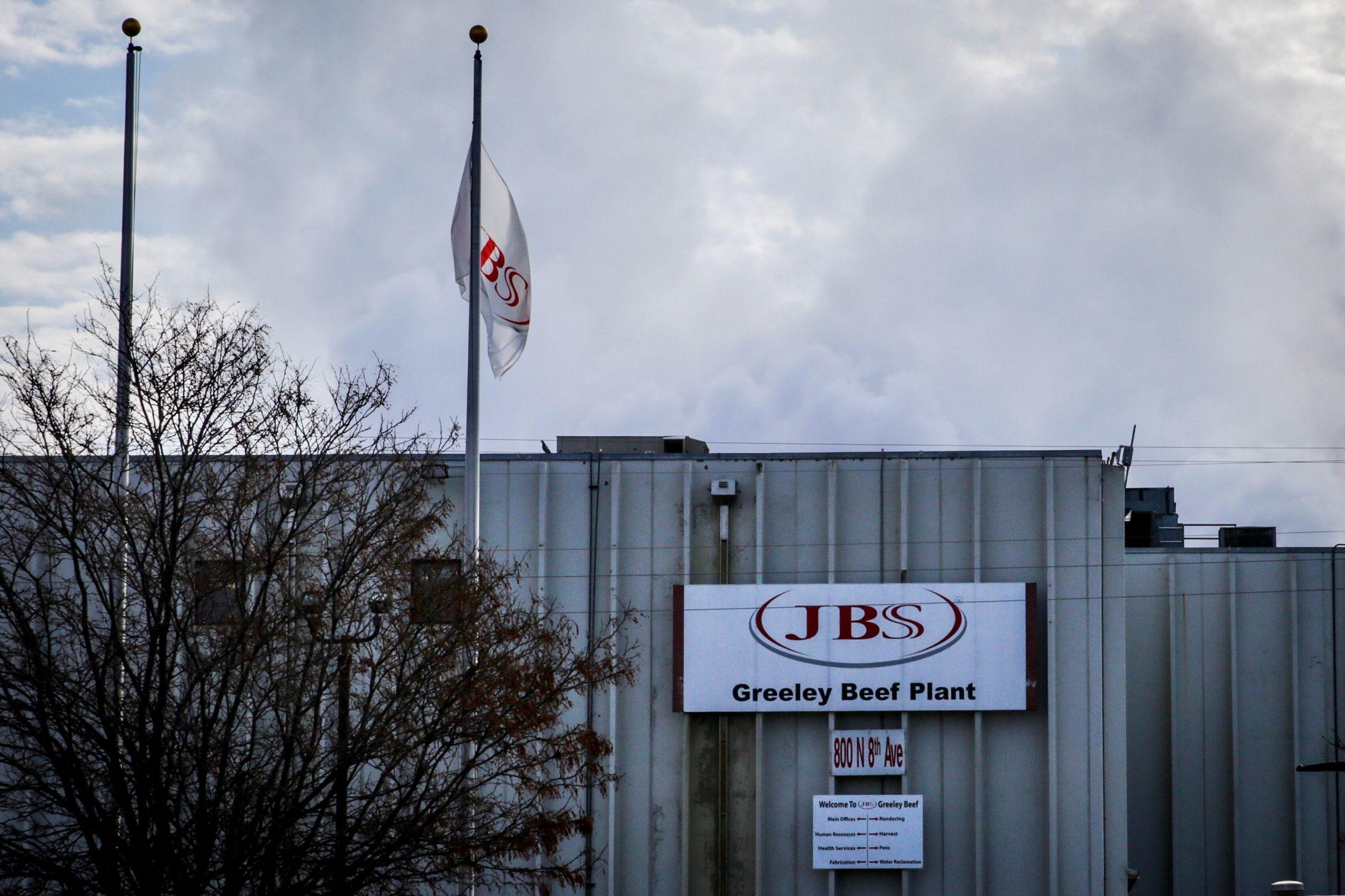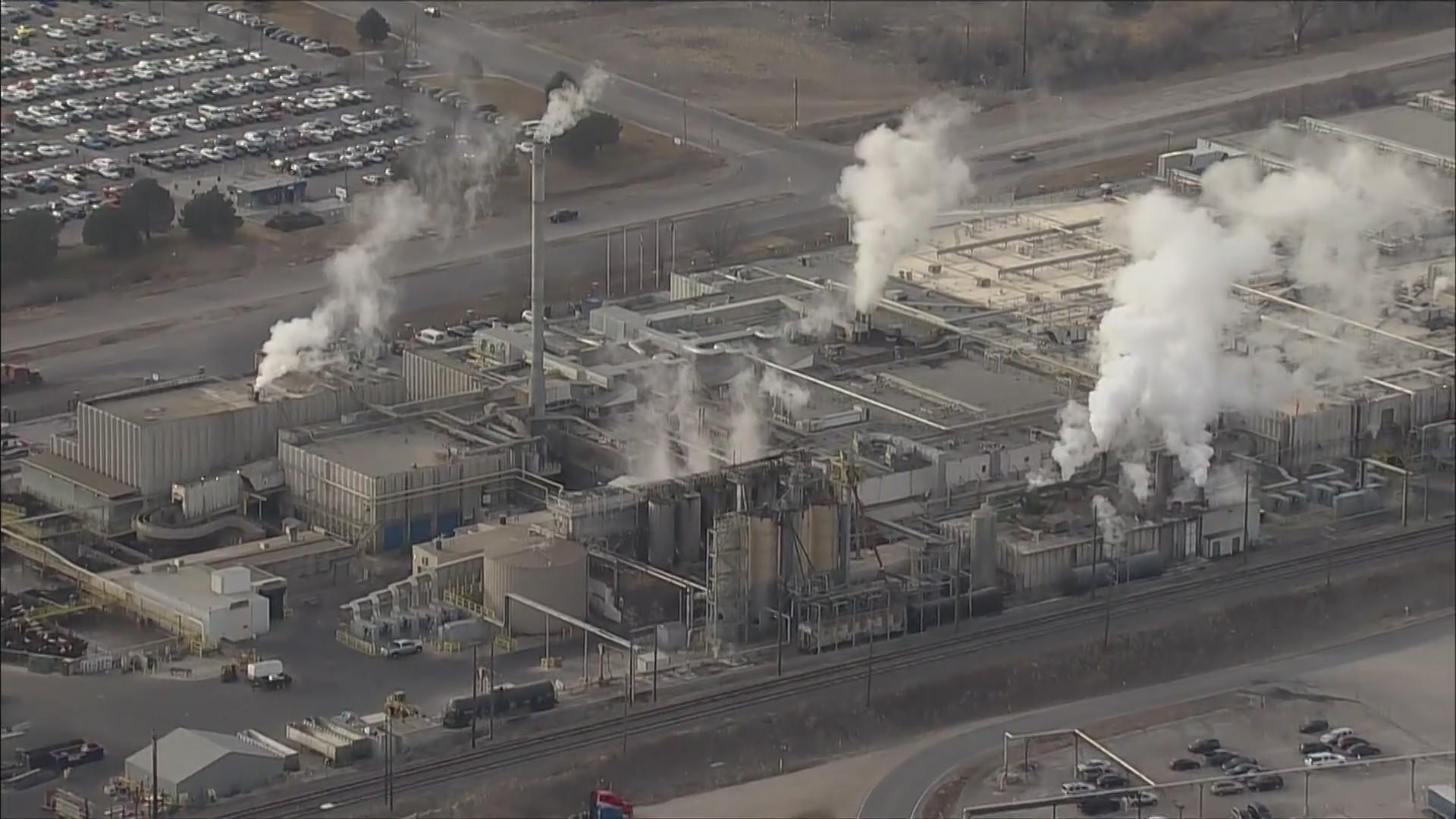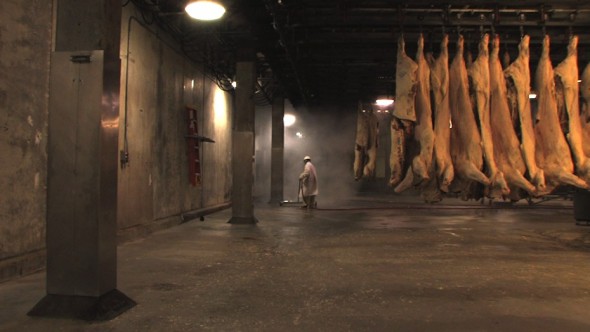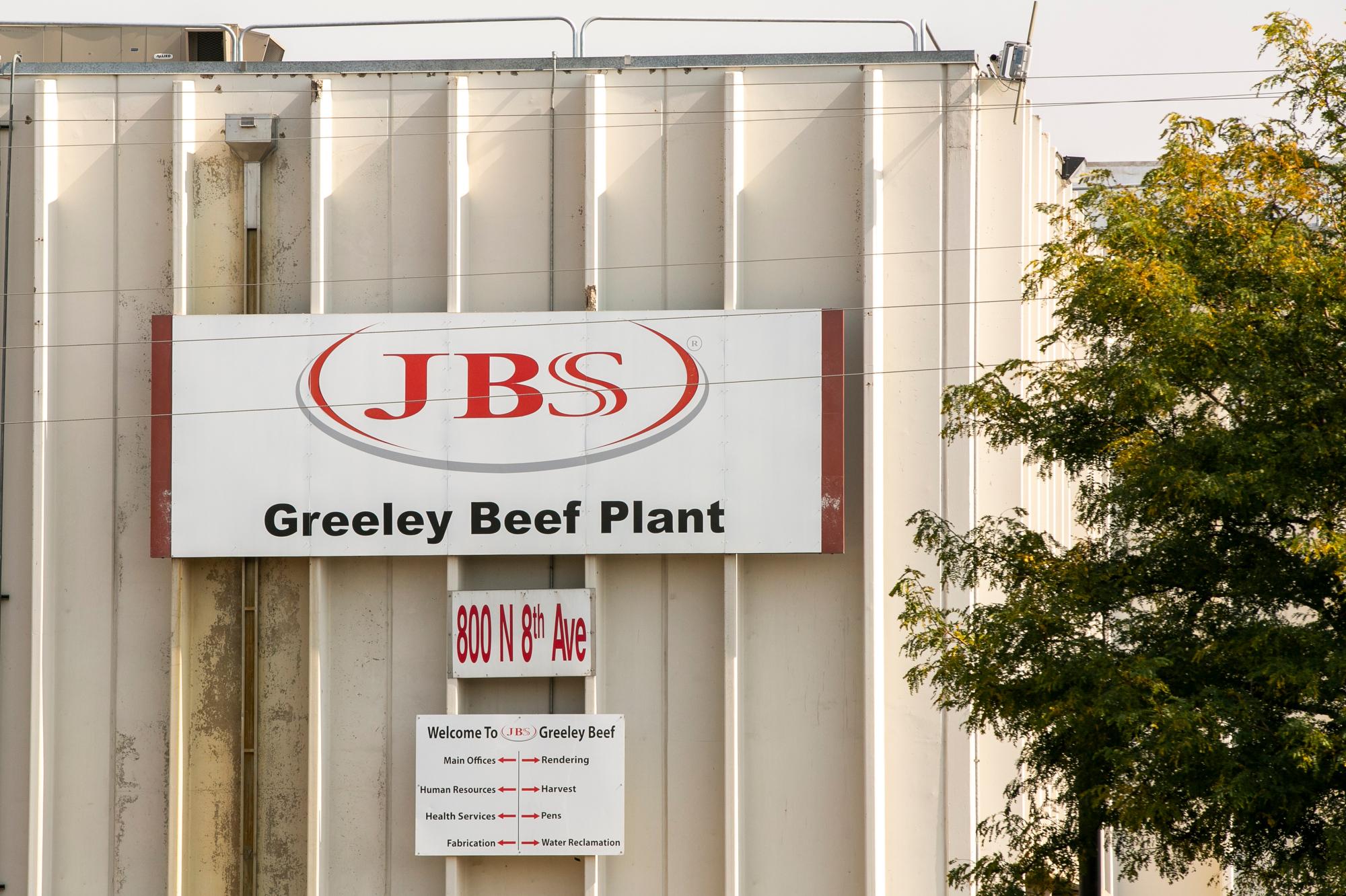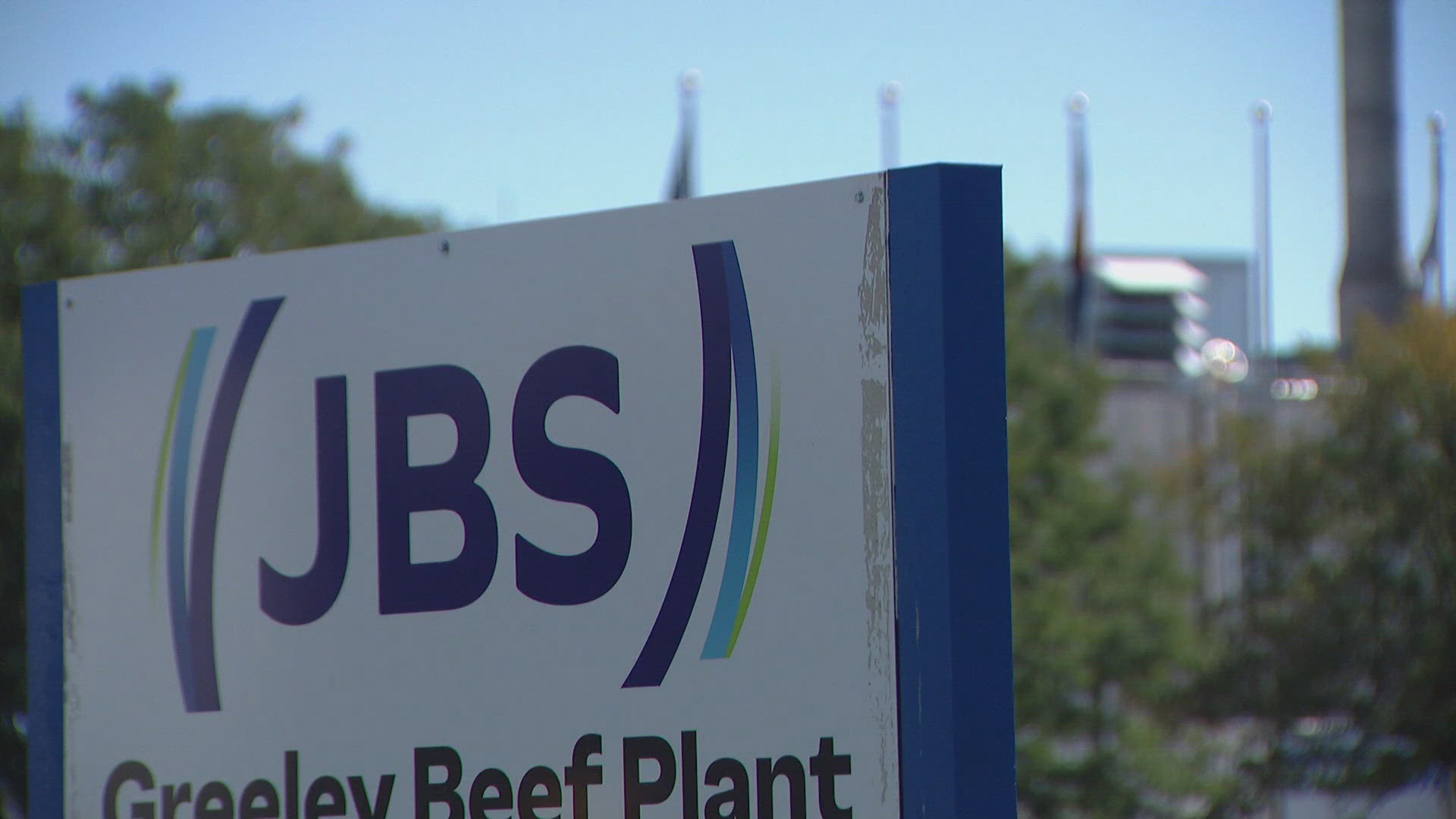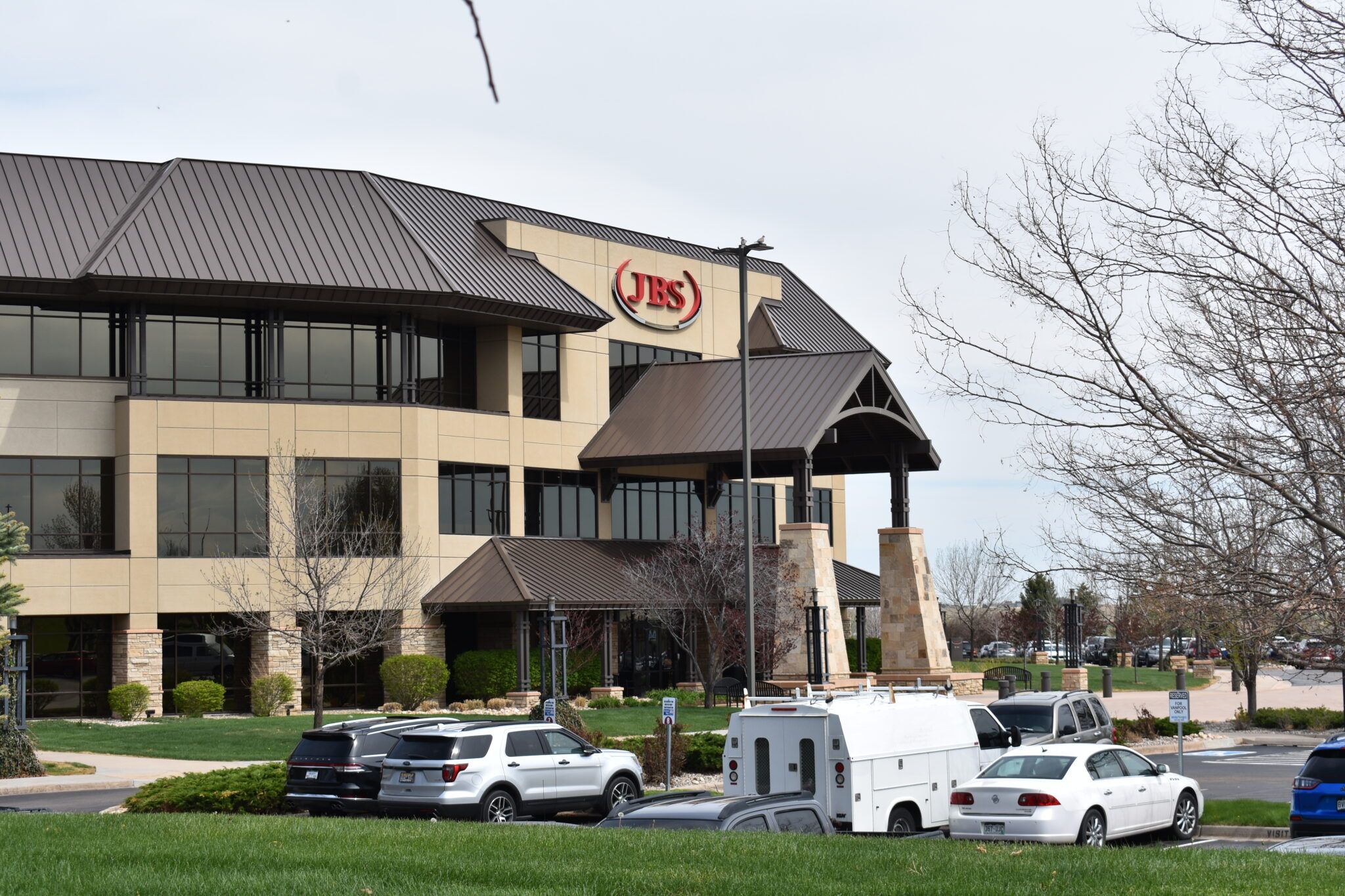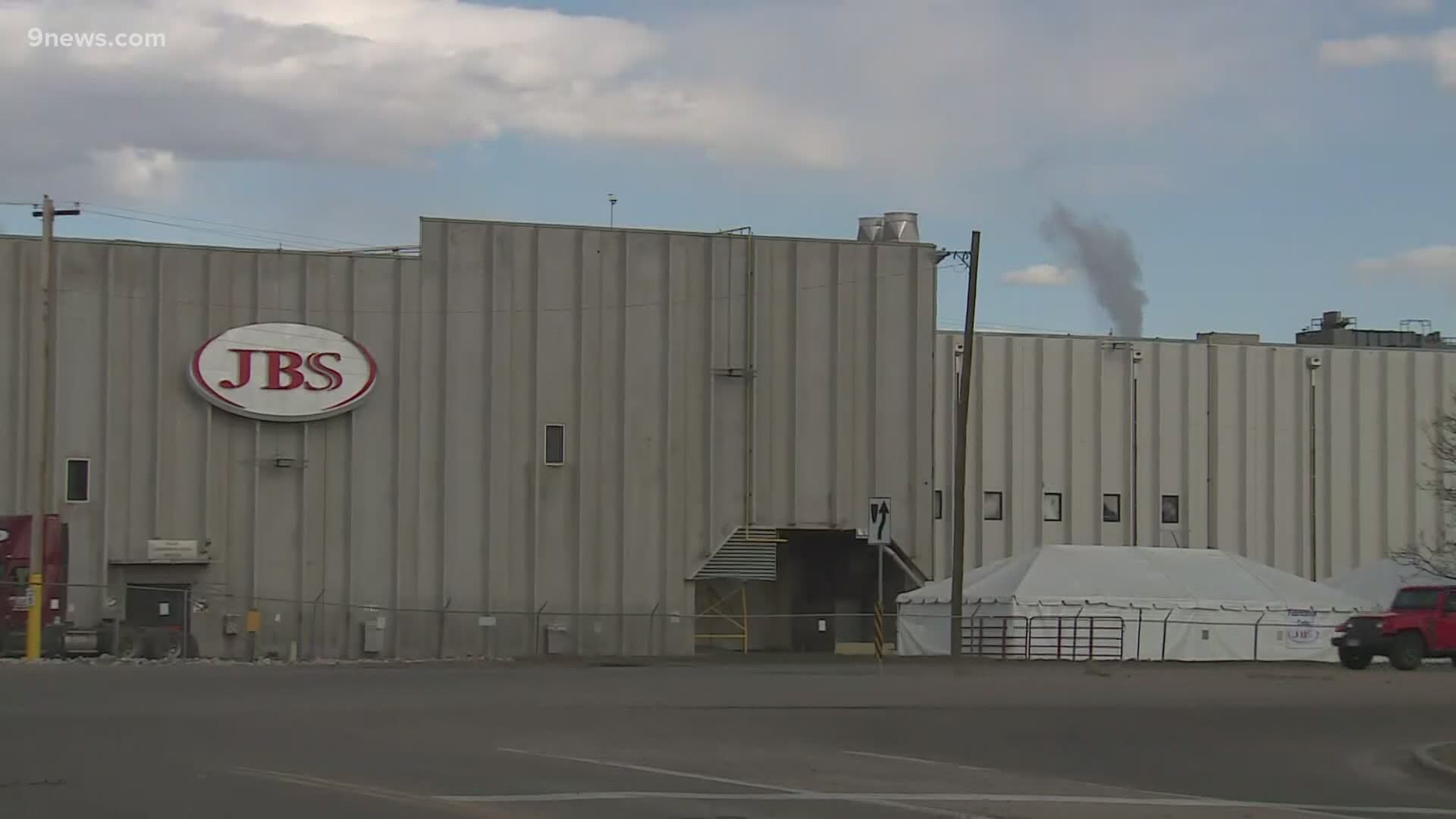Jbs Announces $50 Million Expansion At Greeley Beef Plant.
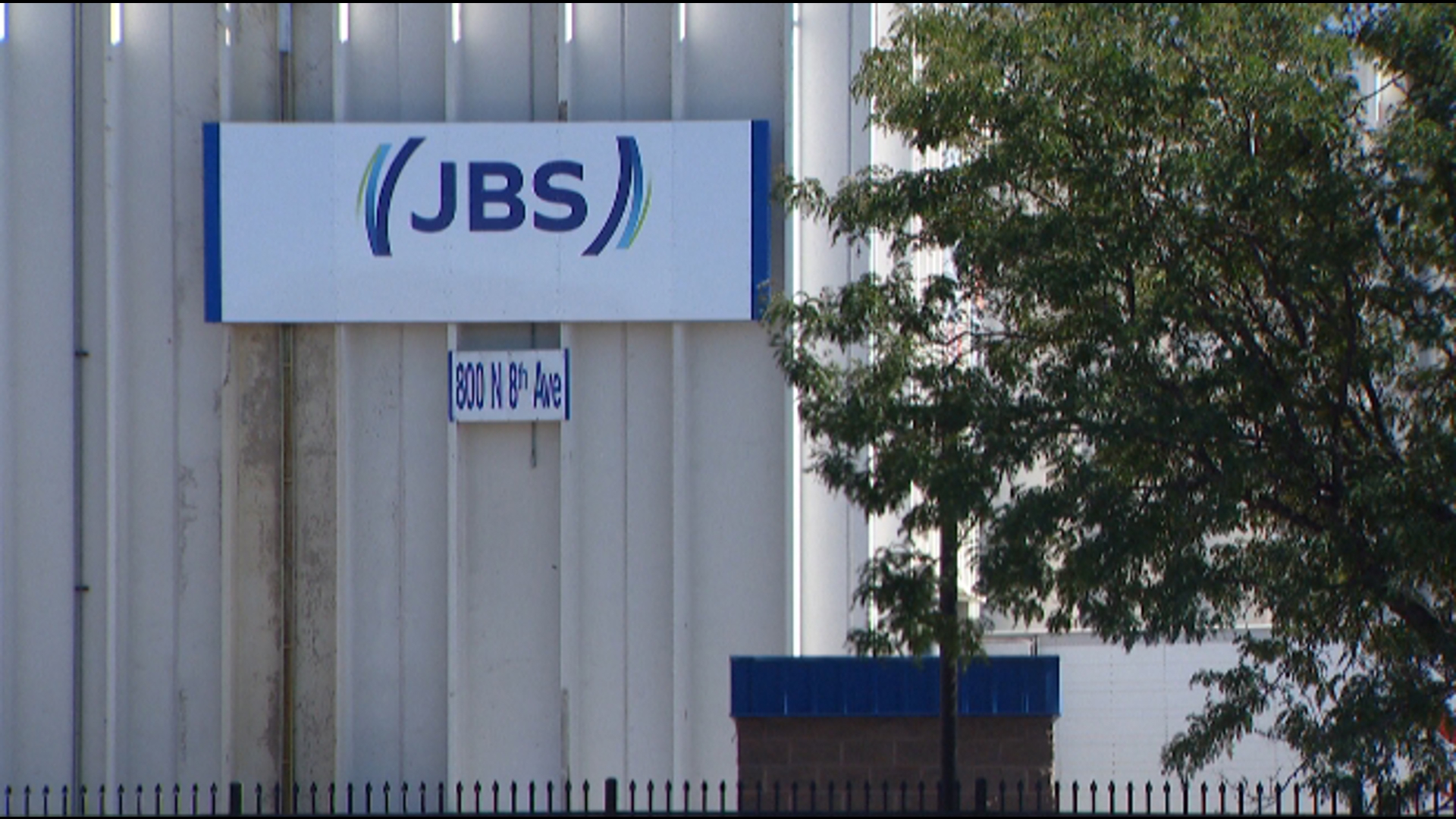
The air in Greeley, Colorado, already thick with the scent of industry, is poised to become even more permeated by the activity of one of the world's largest meat processors. JBS USA, a subsidiary of the Brazilian-based JBS S.A., has unveiled a significant expansion plan for its beef processing plant in the city, promising a substantial investment and a ripple effect throughout the local economy.
But this announcement comes amid ongoing scrutiny of the meatpacking industry's labor practices, environmental impact, and market dominance. Will this expansion truly benefit the community, or will it exacerbate existing concerns?
The $50 million investment, according to JBS, will modernize equipment, enhance operational efficiency, and increase the plant's capacity. This move is expected to solidify Greeley's position as a major hub in the nation's beef supply chain and generate both short-term construction jobs and potentially long-term employment opportunities.
Nut Graf: JBS's $50 million expansion of its Greeley beef plant is a complex issue, promising economic benefits while raising concerns about labor conditions, environmental sustainability, and the increasing concentration of power within the meatpacking industry. This article delves into the details of the expansion, exploring its potential impacts on the Greeley community and the broader food system, while also examining perspectives from JBS, local officials, labor advocates, and environmental groups.
Details of the Expansion
The core of the expansion project focuses on upgrading existing processing lines and integrating new technologies. According to a statement released by JBS, the investment includes the installation of advanced robotics and automation systems designed to improve yield and reduce waste.
This modernization is also intended to enhance food safety and quality control measures throughout the production process. The company anticipates a noticeable increase in the plant's daily processing capacity, though specific figures have not been publicly disclosed.
JBS representatives have emphasized that the upgrades will improve working conditions for employees. Ergonomic improvements and automation of physically demanding tasks are key components of the plan.
Economic Impact and Job Creation
The immediate impact of the expansion will be felt in the construction sector. Dozens of temporary construction jobs are expected to be created during the implementation phase.
JBS projects that the expanded facility will lead to the creation of a yet-to-be-specified number of permanent positions within the plant. These jobs will range from processing line workers to maintenance technicians and quality control specialists.
The increased output of the Greeley plant is also projected to benefit local businesses that supply goods and services to JBS and its employees. This includes trucking companies, equipment vendors, and retail establishments.
Labor Concerns and Working Conditions
The meatpacking industry has a long history of labor disputes and concerns over worker safety. Organizations like the United Food and Commercial Workers (UFCW) have consistently advocated for improved working conditions and fair wages for meatpacking employees.
While JBS touts the ergonomic improvements and automation as benefits for workers, some labor advocates remain skeptical. They worry that increased automation could lead to job displacement and further intensify the pressure on remaining employees.
"We will be closely monitoring the impact of this expansion on our members at the Greeley plant," said a UFCW representative in an interview. "Our priority is to ensure that JBS provides safe and fair working conditions for all its employees."
Environmental Considerations
Beef processing is a resource-intensive industry with a significant environmental footprint. Water usage, waste disposal, and greenhouse gas emissions are major concerns.
JBS has stated that the expansion project will incorporate environmentally friendly technologies to minimize the plant's impact on the local ecosystem. However, specific details about these technologies remain limited.
Environmental groups are calling for greater transparency and accountability from JBS regarding its environmental practices. They are urging the company to invest in sustainable sourcing practices and implement robust waste management strategies.
Community Perspectives and Local Reactions
The announcement of the JBS expansion has elicited mixed reactions from the Greeley community. Some residents welcome the potential economic boost and job opportunities, while others express concerns about the environmental and social implications.
Local officials have generally expressed support for the project, emphasizing its potential to strengthen Greeley's economy. However, they have also stressed the importance of ensuring that JBS operates responsibly and complies with all applicable regulations.
"We are committed to working with JBS to ensure that this expansion benefits our community as a whole," said Greeley Mayor John Gates in a press conference. "We will be holding them accountable for meeting their environmental obligations and providing good-paying jobs for our residents."
The Bigger Picture: Industry Consolidation
The JBS expansion comes at a time of increasing consolidation within the meatpacking industry. A handful of large companies, including JBS, Tyson, Cargill, and National Beef, control a significant share of the market.
Critics argue that this concentration of power can lead to anti-competitive practices, depressed prices for livestock producers, and limited consumer choice. The White House has recently announced initiatives aimed at promoting competition in the meatpacking industry.
The expansion of the Greeley plant further solidifies JBS's position as a dominant player in the beef market, raising questions about the long-term implications for competition and the overall health of the food system.
Looking Ahead
The JBS expansion in Greeley represents a significant investment in the local economy, but its success will depend on how effectively the company addresses the legitimate concerns raised by labor advocates, environmental groups, and community members.
Transparency, accountability, and a genuine commitment to sustainability are essential for ensuring that this project benefits all stakeholders. JBS must demonstrate that it is not only focused on increasing its profits but also on creating a positive impact on the environment and the lives of its employees.
The future of the Greeley beef plant, and indeed the broader meatpacking industry, will be shaped by the choices made by JBS and other industry leaders in the years to come. It is a story that will continue to unfold, with implications that extend far beyond the city limits of Greeley, Colorado.

